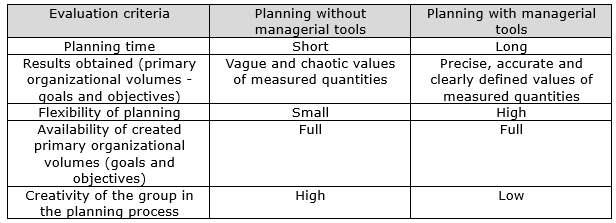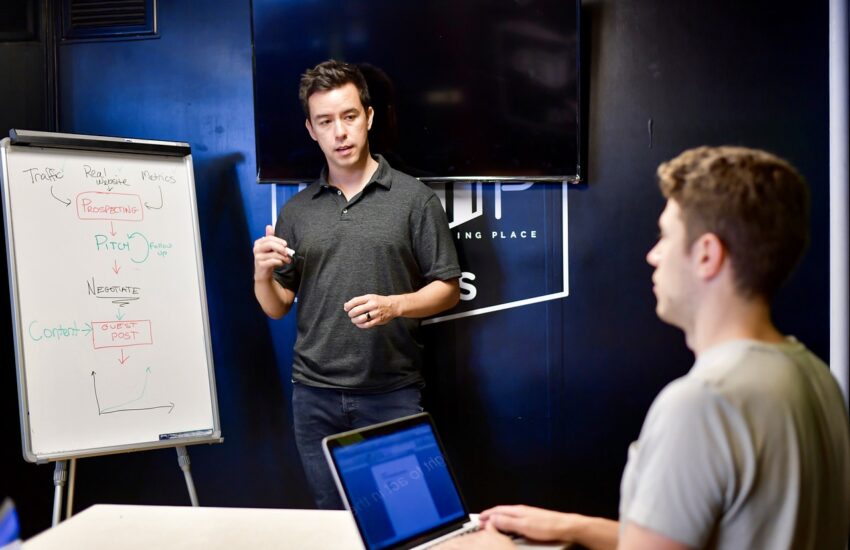After a week’s break, I’m continuing my series on the results I’ve obtained in various types of experiments related to the automation of a manager’s work.
The next in the series of experiments conducted using managerial tools on the TransistorsHead.com research platform also concerned project planning. The participants in the experiment were, as before, students studying Management at one of the private business schools.
The students at this university prepared their theses in a rather unusual way by working on them in teams of three. In the experiment, they were given the task of planning, with the help of the managerial tools Goaler and Tasker, a real-life project that faced them – team preparation of a thesis.
The purpose of the experiment was to evaluate the impact of the managerial tools on the project planning process and to try to find regularities in the way the same project was planned by 10 groups of students, who could be identified with the participants of 10 different organizations in the organizational reality. During the experiment, the participants were first given a blank sheet of paper and a pen as a “managerial tool,” and when they thought the plan was already made, they were given access to the managerial tools Goaler and Tasker. The experiment time was limited for all groups and was 120 minutes.
We assessed the impact of the managerial tools on the teams’ work in two ways. First, we compared the final versions of the goals and objectives made in the Goaler and Tasker tools by each group with the writing of the goals and objectives in the first “managerial tool” – on a blank sheet of paper. Secondly, the participants were asked using a survey method about their opinions on the change in the way they plan as a result of using the Goaler and Tasker managerial tools compared to the “blank sheet of paper” tools.
I provide the overall conclusions summarizing the results of the study in Figure 1.

Figure 1. Differences in planning without and with online managerial tools
As can be seen, online managerial tools affect managers in the following ways:
- increase project planning time,
- the result obtained with online managerial tools is more precise and accurate,
- creativity during planning decreases compared to a blank sheet of paper as a managerial tool.
Since the robot manager can’t have a blank sheet of paper, but nevertheless a certain pattern of goal, plan, idea description, etc., his way of working will be similar to the version of “Planning with managerial tools” in Figure 1.
You can read the entire article here:

